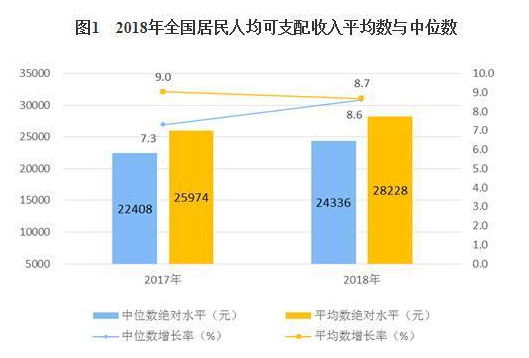“惊喜”的英文是:surprise
读音:英 [səˈpraɪz] 美 [sərˈpraɪz]
释义:vt.使惊奇;突袭;意外发现 n.惊喜,惊奇;意外的事
 (资料图)
(资料图)
用法:
一、surprise可做名词,具体用法如下:
1. 表示“惊讶、惊奇、诧异”时,是不可数名词。
常用短语:in surprise 惊讶地;to one"s surprise 让某人惊讶的是
1)in surprise意为“惊奇地”常位于动词之后作状语,表示方式。
例如:The little girl turned around and looked at him in surprise.小女孩转过身来,惊奇地望着他。
2)to one"s surprise 意为“使某人吃惊的是......”,它对全句进行解释或说明,表示说话人对上文的看法或态度,一般放在句首。
例如:To our surprise,the boy won the prize. 使我们惊奇的是这个男孩获奖了。
2.表示“令人惊异、惊奇、意想不到的事”时,是可数名词。
如:The whole thing is a great surprise to us .整个事情使我们感到十分惊奇。
二、surprise 还可以做及物动词,意思是“使...惊讶”。
常用短语:surprise sb. 使某人感到惊讶
The news greatly surprised us. 这条消息使我们大为惊讶。
三、拓展延伸:
1)surprised 形容词,意思是“感到惊讶的”,作表语时,其主语通常为“人”。
常用结构:be surprised at sth. 对某事感到惊讶
be surprised to do sth. 做某事而感到惊讶
be surprised + that从句 因...而惊讶
2)surprising 形容词,意思是“令人感到惊讶的”,主语通常为“物”。
a surprising look 一个令人吃惊的表情
The news is surprising.这条消息令人惊讶。
本文到此讲解完毕了,希望对大家有帮助。
关键词:
 首页
首页



















 营业执照公示信息
营业执照公示信息